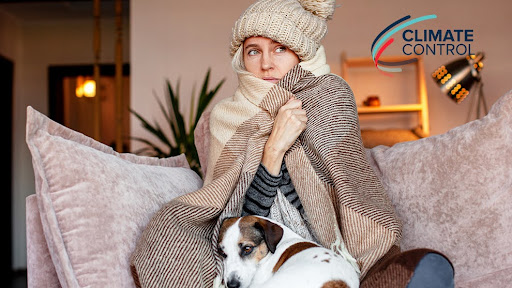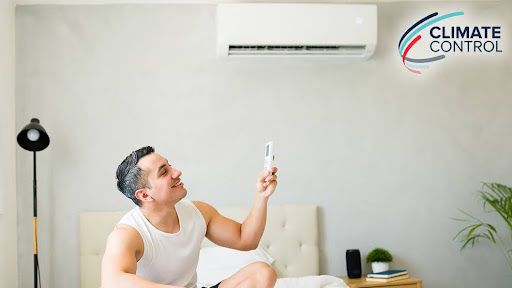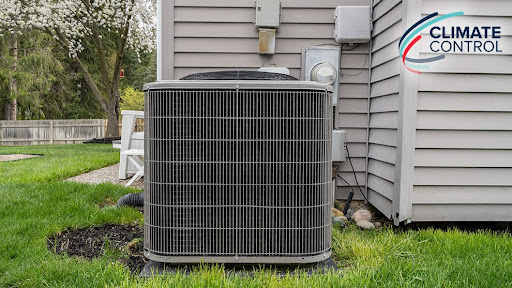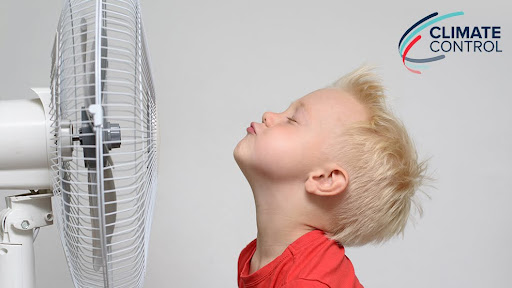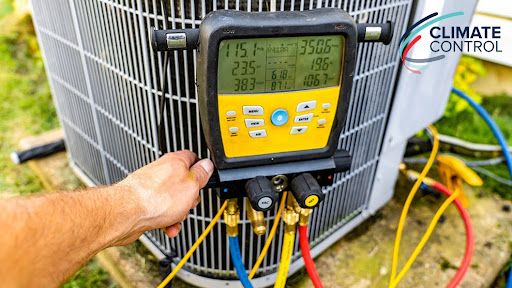It takes much less air pollution to create poor indoor air quality in your home than you might think. This is because most heating and cooling systems don’t actively circulate fresh air into your home. This means any pollutants that are introduced are likely to remain unless actions are taken to remove them. Different rooms are likely to contain different pollution sources requiring different strategies to minimize their presence in your air.Basements
A variety of pollution sources are found in basements, whether unfinished or not. Enclosed by the home’s foundation, they can have moisture problems, which can lead to mold growth. Mold thrives on moist surfaces and is a source of airborne irritants, allergens and, in some cases, toxins. Basement drains should be sterilized on a regular basis to limit the growth of mold in them. Subterranean basements can have the additional problem of being too humid. If the relative humidity of your basement exceeds 50 percent, you should use a dehumidifier.
Appliances found in basements that use combustible fuels, such as gas water heaters and furnaces, can be sources of hazardous gases such as carbon monoxide if they are not correctly installed and maintained. Additionally, a radioactive gas, radon, can enter your basement from the ground. You can ensure there is not a significant amount of radon by getting your basement tested.
Kitchens and bathrooms
The household chemicals frequently stored in these locations can be sources of noxious fumes. They should be stored in minimal amounts and used according to the directions. Similar to furnaces, gas stoves need to be correctly installed and maintained. If the flames are yellow or orange, the stove needs maintenance. The moisture from cooking and showering can lead to high humidity, so exhaust fans should be operated during these activities.
Living rooms and bedrooms
The dust, dander and hair found in rugs, carpeting and upholstery can worsen allergies or asthma, so they should be cleaned frequently. Secondhand smoke is a cause of breathing ailments, so smoking should be done outside.
If you have any questions about indoor air quality, please contact us at Climate Control Company. We’ve been serving Western Colorado since 1956.
Our goal is to help educate our customers in Aspen, Vail and the surrounding Western slope communities in Colorado about energy and home comfort issues (specific to HVAC systems). For more information about indoor air quality and other HVAC topics, please visit our website.
Image courtesy of Shutterstock

